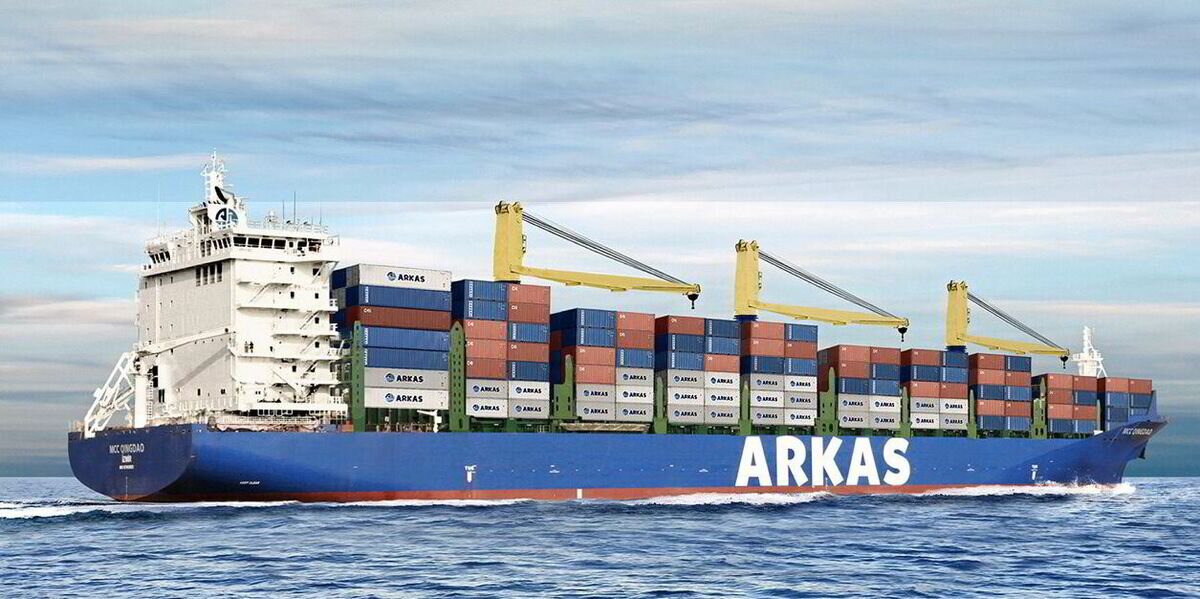Concern about the state of the German rail network is growing day by day across Europe.
This is evidenced by the open letter just sent by some of the main intermodal operators in Germany, Kombiverkehr, Hupac and TX Logistik, to the German Minister of Transport Patrick Schnieder and the CEO of DB, Evelyn Palla, signed together with the associations Erfa (European Rail Freight), Fermerci, Sgkv (Studienges.Kombinierter Verkehr) and Uirr (Union International Rail Road).
The signatories have been reporting for months, in some cases for years, the concrete risk of freight traffic shifting back from rail to road, when fundamental railway lines are closed for long periods without adequate diversion options: “This process of returning to the road has already begun and is documentable. The main cause is the poor performance of the railway infrastructure. In the coming years, due to the rehabilitation works on the corridors in Germany – which largely ignore the needs of industrial supply – hundreds of thousands of additional road journeys are expected.”
On the major Alpine corridors through Austria and Switzerland alone, this would mean approximately 500,000 additional trucks on the road, resulting in increased emissions, congestion, and accident risks. “Without immediate countermeasures, Europe’s transport capacity, competitiveness, and climate progress are at risk. For this reason, we demand: a freeze on railway infrastructure access charges in 2026; guarantee of a minimum capacity of 90% during corridor works; adaptation of suitable diversion routes; allocation of paths according to market needs; compensation for routes with reduced performance; suspension of cancellation penalties.”





